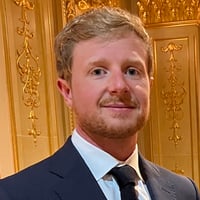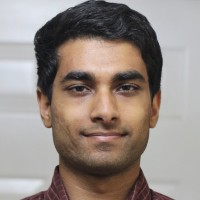The current state of Agentic AI and governance
The landscape of artificial intelligence is evolving at a rapid pace, with "Agentic AI" piquing the curiosity of technologists and business leaders alike. Unlike traditional AI that reacts to prompts, agentic systems are being marketed for their abilities to perceive, reason, plan, and autonomously execute complex tasks to achieve specific goals with minimal human oversight.
To succeed, you must be versed in the hype vs reality of agentic AI.
In this encore presentation from September 3, 2025, you will gain a clear understanding of its core concepts and practical implications for what these systems can and cannot do:
- What is agentic AI?
- Strengths, assumptions, and limitations about agentic AI systems
- Technical and business risks
- Best practices for getting started today

Dr. Andrew Clark
CTO and Co-Founder, Monitaur
Andrew is a trusted expert on machine learning auditing and assurance. He has contributed to ISACA, NAIC, and NIST modeling governance standards. Andrew has many years of experience as a complex systems economist, modeler, and validator. He has also provided executive leadership for high-growth engineering, product, and research organizations.
Andrew received a B.S. in Business Administration with a concentration in Accounting, Summa Cum Laude, from the University of Tennessee at Chattanooga, an M.S. in Data Science from Southern Methodist University, and a Ph.D. in Economics from the University of Reading. He also holds the Certified Analytics Professional and American Statistical Association Graduate Statistician certifications.

Dr. Sid Mangalik
Sid is a Research Scientist at Monitaur, focused on making AI systems accountable and fair through robust model validation and governance. His latest research focused on identifying connections between community-level language and psychological outcomes, for which he received his PhD in Computer Science from Stony Brook University, advised by Dr. H. Andrew Schwartz.